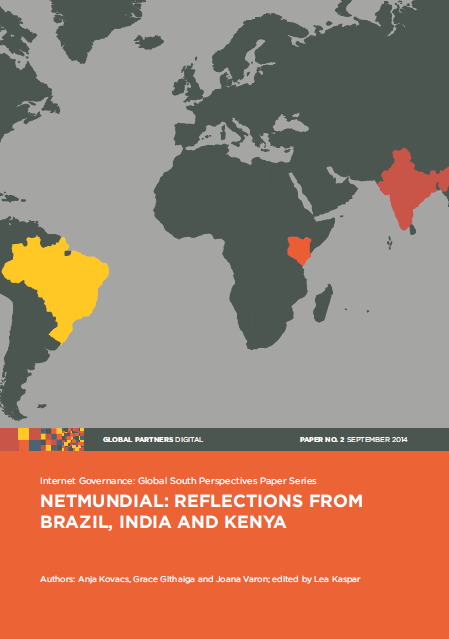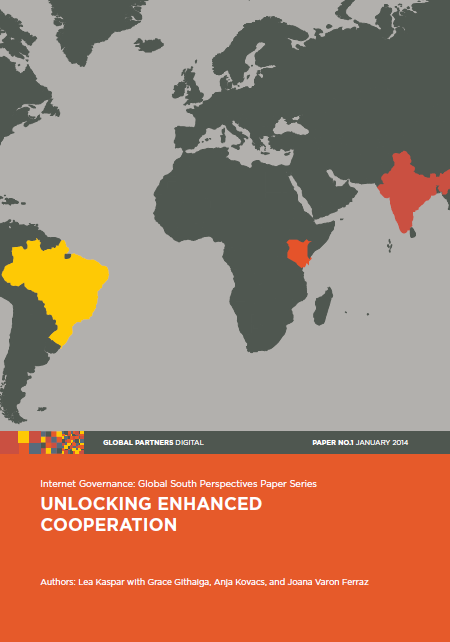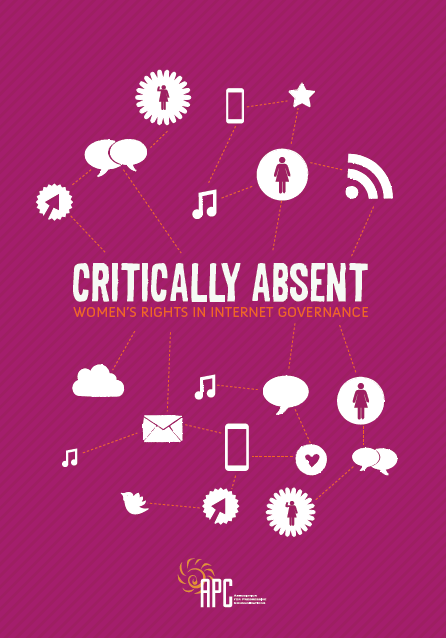Re-Interpreting Document 98: India’s proposals at the ITU Plenipot 2014 and the evolution of Internet governance
At the recently concluded ITU Plenipotentiary Conference in Busan, India proposed a controversial new resolution that sought to contribute to realising a more secure information society. But while some criticisms of the draft resolution were justified, much of the discussion at the ITU Plenipot overlooked the considerable merit that India’s proposed new resolution has when considered against the backdrop of the larger politics of global Internet governance. For its attempt to find solutions to long-standing concerns of developing countries while at the same time recognising the value of existing internet governance institutions, India’s proposal deserves a second reading, argues Anja Kovacs. More


